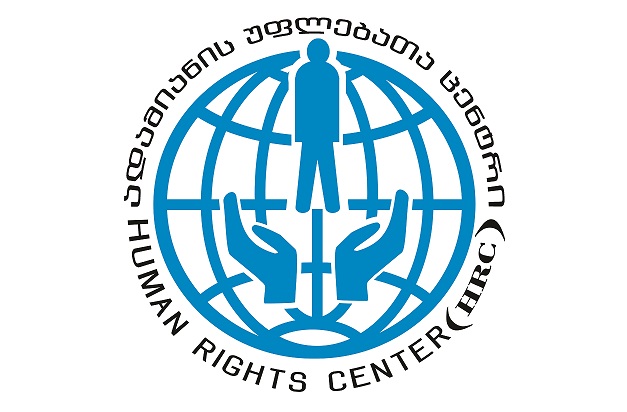Thanks to the legal aid provided by HRC, a Citizen shall no longer pay a loan increased by disproportional mount
October 2, 2020

Manana Vardiashvili
Some of the commercial banks following the recommendation of the Government offered to postpone the loan payments for three months to the citizens affected by the state of emergency established due to the spread of the coronavirus. Many people took advantage of the offer. However, the grace period applied to the loans by the commercial banks actually turned out to be of no relief for many individuals. Among the persons concerned is N.K., a resident of Tbilisi. In accordance with the restructuring scheme offered by the Liberty Bank, the total amount of the loan and the loan term of N.K. was increased much more than it was expected. HRC helped N.K. to solve the problem.
In June 2019, N.K. received a 6-year mortgage loan of GEL 11,000 from the Liberty Bank. Every month N.K. had to pay GEL 228 to the bank to repay the loan. The amount also included the interest paid on the loan. According to the schedule that the bank drew up for N.K., the repayment of the loan was to be completed by October 2025.
N.K. became unemployed after numerous business entities were shut down and closed due to regulations introduced to prevent the coronavirus. Therefore, when the bank offered a three-month loan deferral, N.K. did not take many thoughts: The offer from the bank was accepted without any hesitation.
Later on, the loan of N.K. was additionally postponed for another two months as N.K. was a person in the database of citizens affected by the coronavirus pandemic (receiving a compensation of GEL 200 for unemployed citizens due to the coronavirus pandemic under the anti-crisis plan).
“Obviously, I knew the loan would become more expensive, but when I asked for a bank statement, I could not believe my eyes. The loan that should be ended in 2025, was ending in 2027," says Nino. Because of this I had to pay GEL 3,088 additionally. I told the loan officer that there was something wrong. They recalculated the loan again and told me they could not help as the system was automatically setting new schedules. I had to apply to the Human Rights Center."
HRC, provides free legal consultations to citizens affected by the Covid-19 pandemic and, if necessary, assists them with free legal aid within the project Free Legal Advocacy and Human Rights Monitoring after the Coronavirus Pandemic.
The case of N.K. was studied by Eka Lomidze, HRC lawyer.
"Before the pandemic, the monthly payment of N.K. was GEL 228 and 18 tetri. In 5 months she had to pay GEL 140 and 90 tetri. In accordance with the rules of deferral of the loans, the term of the loan of N.K. should have been increased by 5 months and the amount of GEL 1140.90 accrued during the grace period should have been distributed over the entire remaining term of the loan. However, according to the new schedule drawn up by the bank, the loan became more expensive by GEL 3,088, and its duration was increased by another three years. The strangest thing is that the principal amount was also increased, ” says Eka Lomidze.
Eka Lomidze applied with a petition to the Director General of Liberty Bank and to the National Bank of Georgia to reduce the inappropriately increased loan and the term of the loan of N.K. and further to draw up a new schedule of the loan repayment.
The Liberty Bank considered the petition of HRC and deducted GEL 2,000 from GEL 3,088 which was assessed in excess to N.K. Furthermore, N.K. was given a new schedule for the loan repayment. According to the new schedule, the term of the loan of N.K. increased up to the date by 3 years was now increased only by 5 months.
In the frames of the project supported by the Embassy of Netherlands titled Free Legal Advocacy and Human Rights Monitoring after the Coronavirus Pandemic, from July 1 to September 20, HRC provided legal advice to 213 persons on the cases of human rights violations during the state of emergency caused by the coronavirus pandemic; HRC applied to administrative authorities on behalf of 18 allegedly abused persons and filed legal suits with courts on behalf of three individuals.
News
December 13, 2023
Ethnic minorities outside the peace dialogue
November 6, 2023
‘Peace’ agenda of political parties
Popular
Articles
February 13, 2024



